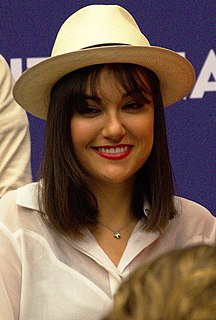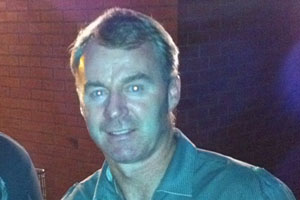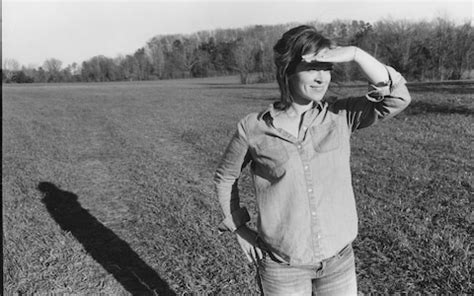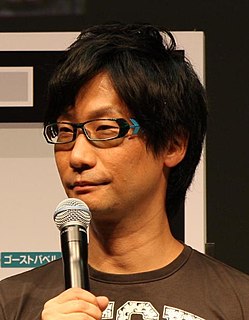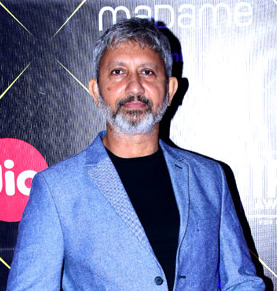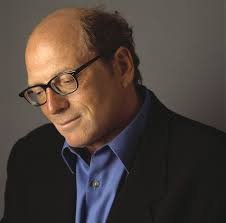A Quote by Warren Spector
From a gameplay standpoint, I've said for years that hero, fiction, and tone have nothing to do with the idea that choices have consequences. And that's really what I'm interested in. I care about you showing how clever and creative you are.
Related Quotes
I had a teacher once who said, "If you are going to write fiction, you should only read poetry." I have always been interested in the writers who care about their sentences and who really work on that level. I have always said that I hate writing, I love revision. So, the language is really important to me. And the comedy and the horror that come out of the language.
Science fiction is a weird category, because it's the only area of fiction I can think of where the story is not of primary importance. Science fiction tends to be more about the science, or the invention of the fantasy world, or the political allegory. When I left science fiction, I said "They're more interested in planets, and I'm interested in people."
Nothing changed in my life since I work all the time," Pamuk said then. "I've spent 30 years writing fiction. For the first 10 years I worried about money and no one asked me how much money I made. The second decade I spent money and no one was asking me about that. And I've spent the last 10 years with everyone expecting to hear how I spend the money, which I will not do.
Ultimately, I want a peak experience in reading, and that is sometimes difficult to find in contemporary fiction. I'm not interested in books that are just clever and well executed; polish doesn't impress me, and I don't care about a merely capable sentence. Life is short; I want a confrontation with high art. I want soul.
There's no question that how Johannesburg operates is what made me interested in the idea of wealth discrepancy. 'Elysium' could be a metaphor for just Jo'burg, but it's also a metaphor for the Third World and the First World. And in science fiction, separation of wealth is a really interesting idea to mess with.


